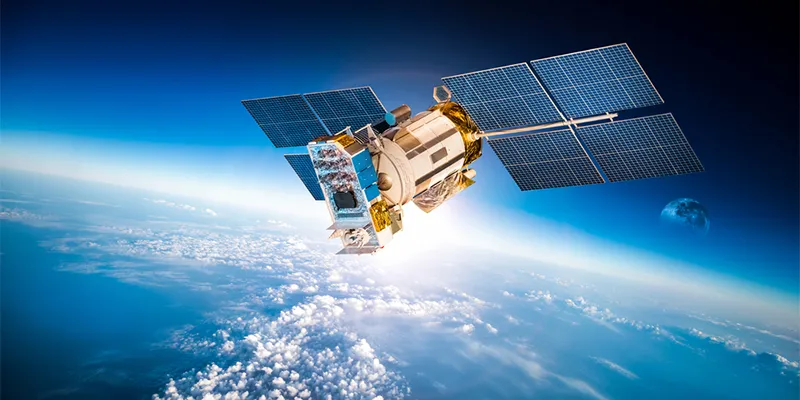Spy in the sky: ISRO to launch electronic intelligence satellite ‘EMISAT’ for DRDO on April 1
ISRO will use its PSLV to launch EMISAT as well as 28 other foreign satellites from Sriharikota on April 1.
The Indian Space Research Organisation (ISRO) will use its PSLV launch vehicle to put an electronic intelligence satellite EMISAT for the Defence Development and Research Organisation (DRDO) on April 1 in space. This will be PSLV’s 47th mission to the space.
This is also reportedly the first time that ISRO will put satellites in three different orbits.
The flight sequence of the rocket will take about 180 minutes from its launch, which is slated for 9:30 am, IST. Initially, the launch was scheduled for March 21, but was later changed to April 1.

Representational image
Also read: In a first, ISRO to launch India’s first student-made satellite
In addition to EMISAT, 28 satellites from international customers will also be launched from the Satish Dhawan Space Centre in Sriharikota, Andhra Pradesh. Of these, 24 are from the US, two from Lithuania, and one each from Spain and Switzerland.
The primary satellite, EMISAT, weighs around 436 kg and is based on ISRO’s Indian Mini Satellite – 2 (IMS-2) bus platform. The objective of the satellite is to measure the electromagnetic spectrum.
Also read: ISRO successfully launches latest communication satellite GSAT-31
According to media reports, ISRO will be demonstrating its new technologies such as launching satellites in three different orbits for the first time ever. To explain in simple terms, the rocket will put EMISAT into an orbit 749 km from the Earth's surface. It will later put the other satellites in orbit at an altitude of 504 km.
In an official statement, ISRO Chairman K Sivan said,
It is a special mission for us. We will be using a PSLV rocket with four strap-on motors. Further, for the first time, we will be trying to orbit the rocket at three different altitudes.
Further, the rocket will be brought down to an altitude of 485 km, and the fourth stage of the rocket, or PS4, will turn into a payload platform carrying three experimental payloads. The Automatic Identification System (AIS) will be used for maritime satellite applications such as for capturing messages transmitted from the ships. The Automatic Packet Repeating System (APRS) will assist amateur radio operators in tracking position data, while the Advanced Retarding Potential Analyser for Ionospheric Studies (ARIS) will be used for structural and compositional studies of the ionosphere.
Also read: Inspired by Elon Musk’s SpaceX, ISRO takes reusable launch tech to the next level



![[Funding alert] Biotech startup Immuneel Therapeutics raises $15M in Series A round](https://images.yourstory.com/cs/5/f02aced0d86311e98e0865c1f0fe59a2/gene-editing-1640798908761.png?mode=crop&crop=faces&ar=1%3A1&format=auto&w=1920&q=75)


